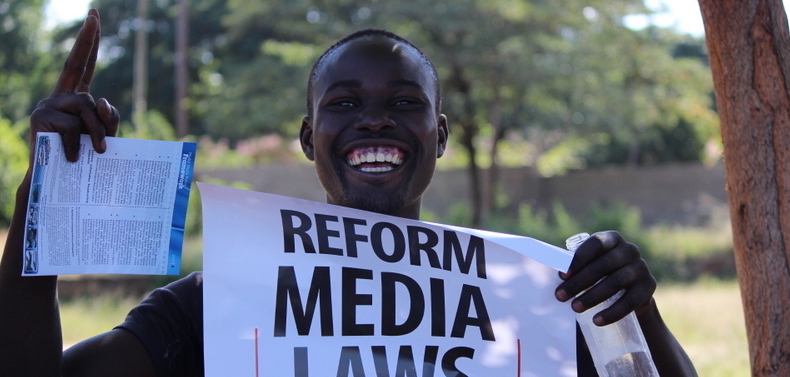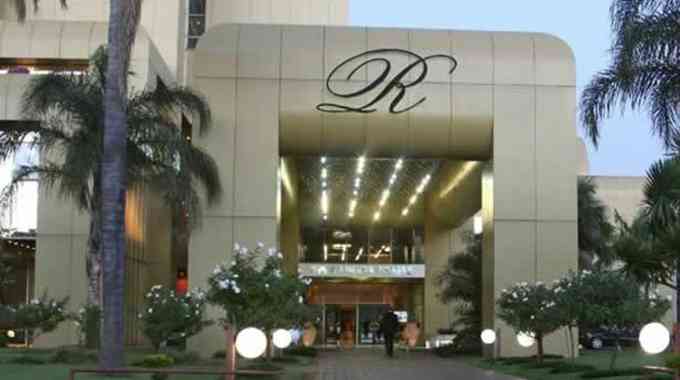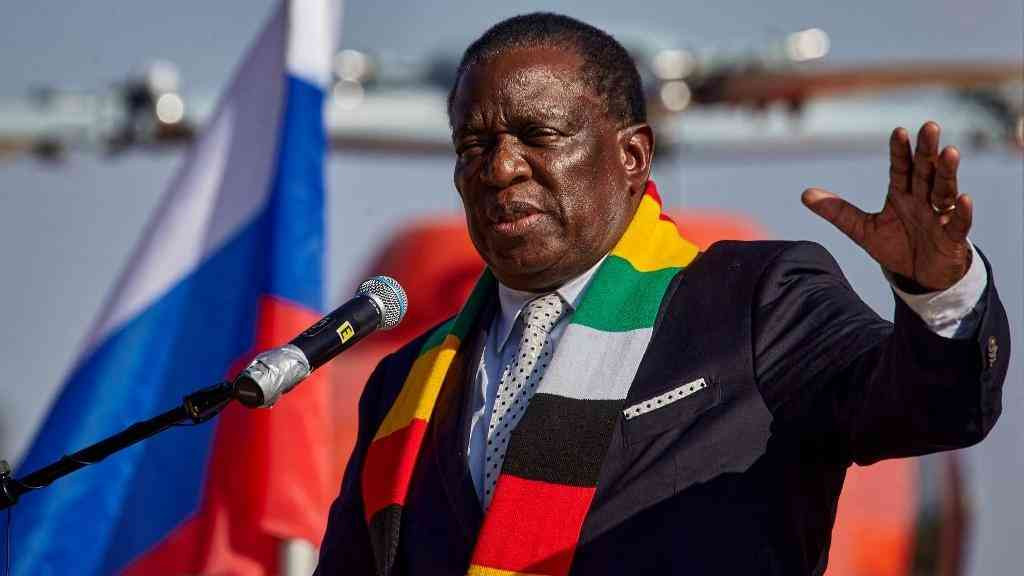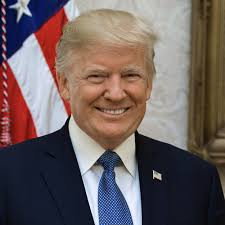
The Media Institute of Southern Africa (MISA) Zimbabwe has urged the government, through the responsible Ministry of Information, the Zimbabwe Republic Police (ZRP) and the Zimbabwe Media Commission (ZMC) to urgently address dissonant developments pertaining to the harassment of journalists as these stand in the way of national efforts underway to fight COVID-19 and poses the risk of denting the country’s respect for journalistic rights.
By Cecilia Kamuputa
This follows recorded cases involving the arrest and harassment of journalists and media workers, including newspaper vendors, by the police during the first week of the 21-day lockdown put in place by the government in a bid to curb the spread of COVID-19.
“Notable recent cases involve journalists Nunurai Jena in Chinhoyi and Panashe Makufa in Harare,” reported MISA Zimbabwe in a press statement released today.
“The journalists were accused of conducting their lawful professional duties without valid journalism accreditation cards issued by the Zimbabwe Media Commission.”
The Institute added that the ZMC was still to issue the requisite 2020 accreditation cards following the expiration of the 2019 cards and that it was against this background that journalists had been given the go ahead to operate until the new and valid cards were duly issued.
MISA said that while it was commendable for the government to categorise the media as an essential service, among other critical sectors, whose operations should not be restricted during the lockdown period, given the important role it plays in advancing the exercise and enjoyment of fundamental rights and freedoms, it was regrettable how the events of first week of the lockdown had severely tested the country’s adherence and respect for the right to media freedom as provided for under Section 61 of the Constitution which also promotes freedom of expression.
“Even more critical is Section 62, which provides for the right to access to information, which is very critical in keeping citizens informed on developments and measures being implemented by government and other key stakeholders in combating COVID-19,” read the MISA Zimbabwe statement.
- Chamisa under fire over US$120K donation
- Mavhunga puts DeMbare into Chibuku quarterfinals
- Pension funds bet on Cabora Bassa oilfields
- Councils defy govt fire tender directive
Keep Reading
“Ironically, by arresting and harassing journalists that are operating without the valid 2020 cards, the police are not only violating the right to media freedom, but the government and ZMC’s directive that the media, as an essential service, should be allowed to conduct its operations without hindrance until the valid 2020 cards.”
MISA continued, saying that the media had to be allowed to play its critical role in the free flow of information and ideas that would keep the nation informed in the fight against COVID-19 as well as on the measures that citizens can take to prevent infections and the spread of the virus.
“In fact, the police and the media should play a complementary role in that regard.”
“The police should therefore not view journalists and media workers as enemies and should accordingly be guided by the constitution in the discharge of their duties and responsibilities.”
The Institute added that on the other hand, the media had to be professional in conducting lawful duties and ethical responsibilities in line with the profession’s codes and ethics as well as safety and security measures.









